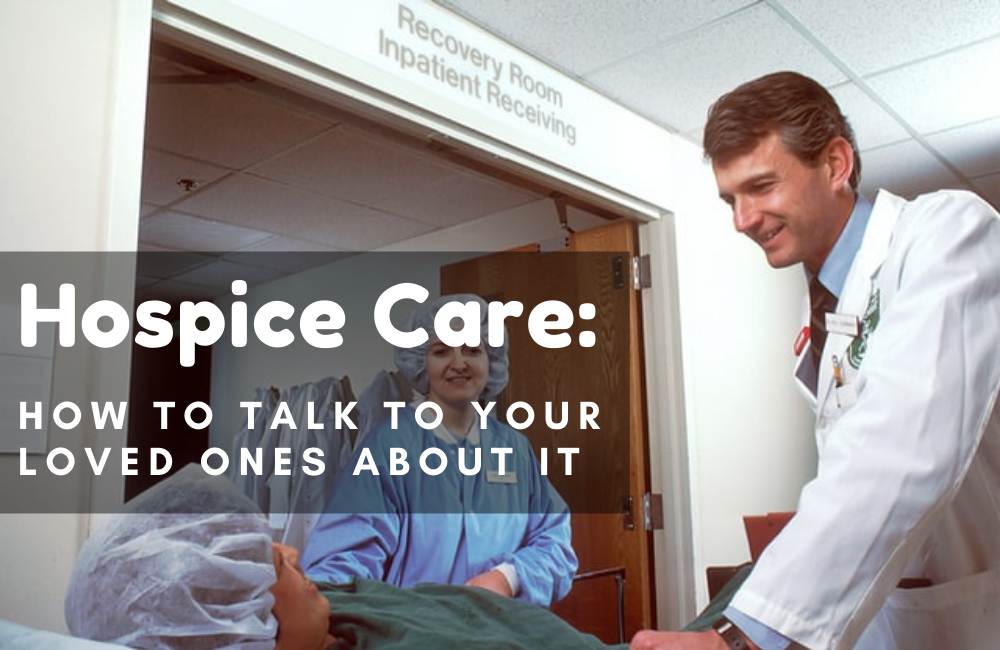There’s a lot of stigma surrounding hospice care. Because of this, many people find it difficult to have this conversation with their loved ones, even when it’s a necessary option to improve the quality of their life.
Starting the conversation on hospice care can be daunting, especially since some may feel like you’ve given up on them or have taken the “easier route” in caring for them. But with the proper approach, empathy, and effort to educate yourself, you can help ease the tension and make it easier for your loved ones to understand this need.
Bringing up hospice care can stir up a bunch of emotions. Fortunately, you can get assistance and educate yourself on the right way to deal with these situations by speaking to hospice care facilities. With their years of experience, they can help you understand what your loved one might be feeling, so you’ll get to be more mindful about how you open this conversation.
If you’re trying to look for effective ways to approach your loved one on hospice care, keep reading. Here are some tips on how to speak to them about hospice care.
Tip #1: Start By Easing Their Worries
The biggest reason your loved one may react adversely to hospice care is that they have a list of worries about the idea of getting assisted help. Not to mention, many think that they’ll be giving up on life if they accept hospice care, but it’s best to empathize and let them know that this is still their decision.
When starting the conversation, ask them what they think, their worries, and what they believe will happen. From there, you can go through a bullet point of their fears and provide support to help ease the idea of getting hospice care. Not to mention, there are at-home hospice care services, allowing you to be with your loved one in every step of their health journey.
Most importantly, remind them that they can still make decisions regarding their life, but getting hospice care is the beginning of a curative treatment that could improve their condition.
Tip #2: Discuss Their Worries Regarding Finances
Another reason your loved one may be hesitant about getting a hospice car is that the cost of hospice services may be too much for them financially. However, you can let them know that there are many ways to receive financial aid should they get hospice care.
Fortunately, Medicare, Medicaid, and some health insurance policies cover hospice care. But it’s best to speak to the facility itself to know your payment and coverage options. Gaining this knowledge will help put your loved one’s worries about finances to rest, allowing them to focus on what truly matters — their health.
Tip #3: Taking the First Step
There’s no denying that the first step of every big change is highly intimidating to take, but if you provide support, your loved one will indeed feel your love and concern for them.
You can help manage their worries by setting up a consultation meeting with your hospice team. After which, your loved one can decide whether or not to accept the care. Once they’ve agreed, you’ll need to work on some consent forms and paperwork, and they should be able to receive care as soon as possible.
The Final Thought: Be With Your Loved Ones Every Step of the Way
Empathy plays a huge part when supporting your loved ones in taking big life changes, such as hospice care. With that being said, you need to ensure that you educate yourself, understand their thought process, and consider their emotions.
By being gentle and approaching them with love, your loved ones will understand that you’re only doing this to better their life and get the care they truly deserve.
Consider Bridge Home Health & Hospice
If you’re looking for home-based patient care, Bridge Home Health & Hospice is here to help. We provide licensed clinical support at home healthcare, hospice care programs, specialty programs, and more. Want to learn more? Request for more information from us today!

